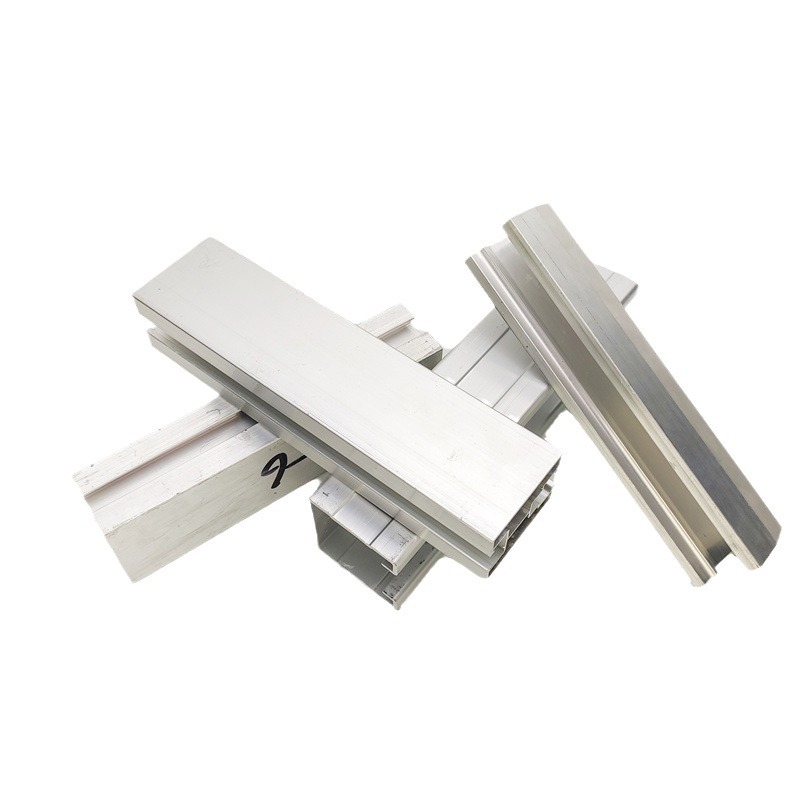

Exploring Various Types of Stud Bolts and Their Applications in Engineering
Nov . 25, 2024 04:04 Back to list
Exploring Various Types of Stud Bolts and Their Applications in Engineering
Understanding Stud Bolt Types A Comprehensive Overview
Stud bolts are essential components in various industries, particularly in the fields of construction, manufacturing, and mechanical engineering. They are used to fasten two or more objects together and are characterized by a cylindrical shape with threads on both ends. The choice of stud bolt type is crucial for ensuring structural integrity, reliability, and performance in applications.
Types of Stud Bolts
1. Full Threaded Stud Bolts As the name suggests, full threaded stud bolts have threads that run along their entire length. This type provides superior grip and is ideal for applications where maximum tension is needed. They are commonly used in high-stress environments, such as in oil and gas pipelines and heavy machinery.
2. Partially Threaded Stud Bolts Unlike full threaded counterparts, partially threaded stud bolts have threads that cover only a portion of their length. The unthreaded section provides a smooth bearing surface, which can help in load distribution. This type is particularly beneficial in situations where clamping force needs to be applied evenly, such as in flange connections.
Understanding Stud Bolt Types A Comprehensive Overview
4. Tension Control Stud Bolts Tension control studs are engineered to ensure precise tensioning during installation. They typically feature a special design that allows for automatic tensioning when the bolt is tightened to a specific torque. This ensures consistency in performance and is commonly employed in structural steel connections.
stud bolt types

5. Double End Stud Bolts These have threads on both ends, allowing for easy installation in various situations without needing a nut on one side. Double end stud bolts are frequently used in applications requiring a nut on either side, such as in flanged connections for piping systems.
6. High-Strength Stud Bolts Designed to withstand greater loads than standard bolts, high-strength stud bolts are crafted from advanced materials and manufacturing processes. They are essential in high-load applications, such as heavy machinery, bridges, and large equipment assemblies.
Material Considerations
The material of a stud bolt significantly impacts its performance and durability. Common materials include carbon steel, stainless steel, and alloy steel. Stainless steel bolts, for example, offer excellent corrosion resistance, making them suitable for marine and outdoor applications. Conversely, carbon steel provides strength and is often coated for additional protection against corrosion.
Conclusion
Selecting the right stud bolt type is crucial for ensuring the success of any fastening application. Understanding the differences among full threaded, partially threaded, hooked, tension control, double end, and high-strength stud bolts can help engineers and designers make informed choices based on their specific needs. Furthermore, considering material properties alongside the application requirements ensures long-lasting and reliable performance, ultimately contributing to safety and efficiency across various industries. As technology and materials continue to evolve, keeping abreast of the latest developments in stud bolt design and production will remain essential for professionals in the field.
Latest news
-
High-Strength Hot Dip Galvanized Bolts - Hebei Longze | Corrosion Resistance, Customization
NewsJul.30,2025
-
Hot Dip Galvanized Bolts-Hebei Longze|Corrosion Resistance&High Strength
NewsJul.30,2025
-
High-Strength Hot-Dip Galvanized Bolts-Hebei Longze|Corrosion Resistance&High Strength
NewsJul.30,2025
-
Hot Dip Galvanized Bolts-Hebei Longze|Corrosion Resistance&High Strength
NewsJul.30,2025
-
Hot Dip Galvanized Bolts - Hebei Longze | Corrosion Resistance, High Strength
NewsJul.30,2025
-
High-Strength Hot Dip Galvanized Bolts-Hebei Longze|Corrosion Resistance, Grade 8.8
NewsJul.30,2025

